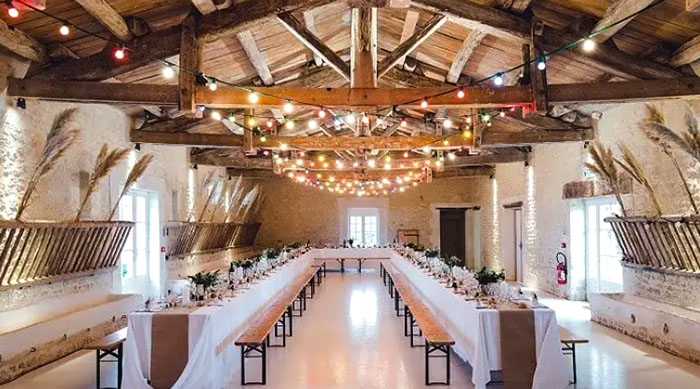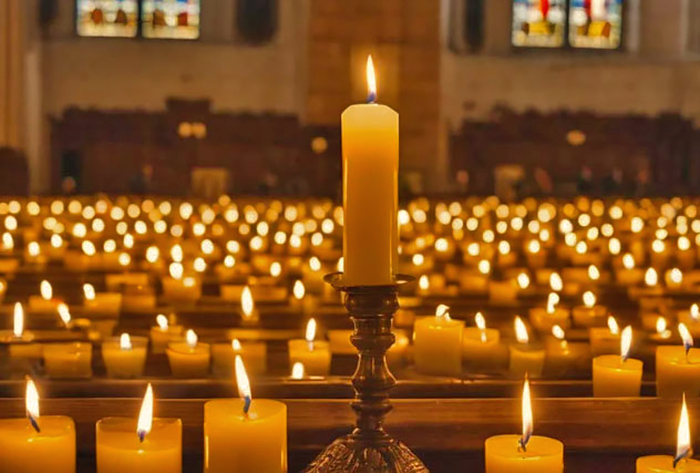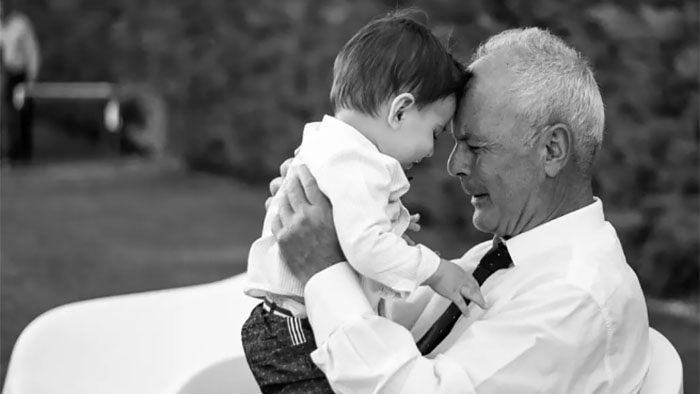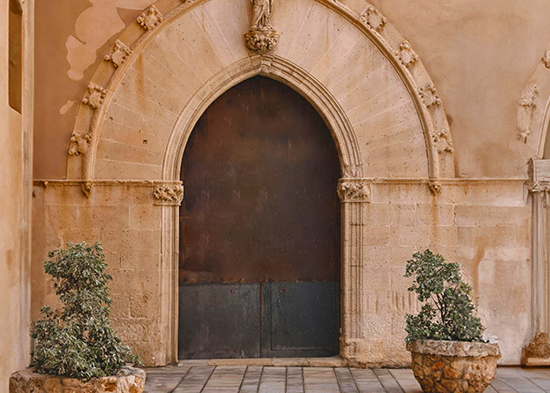
Today’s reflection verse from Luke’s Gospel presents a story about the invitation from God to know him in faith and that we should sacrifice any human interest that gets in the way of replying to God’s call, no matter how lawful and noble it may be. The objections we tend to put forward, the duties we appeal to, are just excuses. Bishop Robert Barron writes that the father (God the Father) is giving a banquet for his son (God the Son), whose bride is the Church. Jesus is the marriage of divinity and humanity, and we, his followers, are invited to join in the joy of this union. The joyful intimacy of the Father and the Son is now offered to us to be shared. Listen to Isaiah to learn the details of this banquet: “On this mountain, the Lord of hosts will provide for all peoples a feast of rich food and choice wines, juicy, rich food and pure, choice wines.” Now, there is an edge to all of this. The king is doing the inviting, and it is a wedding banquet for his son. We can see how terribly important it is to respond to the invitation of the King of kings in Paul’s Letter to the Philippians, “God greatly exalted him and bestowed on him the name that is above every name, that at the name of Jesus, every knee should bend, of those in heaven and on earth and under the earth, and every tongue confess that Jesus Christ is Lord, to the glory of God the Father.” We have heard the invitation of God to enter into intimacy with him, to make him the center of our lives, to be married to him in Christ, and often, we find the most pathetic excuses not to respond.









